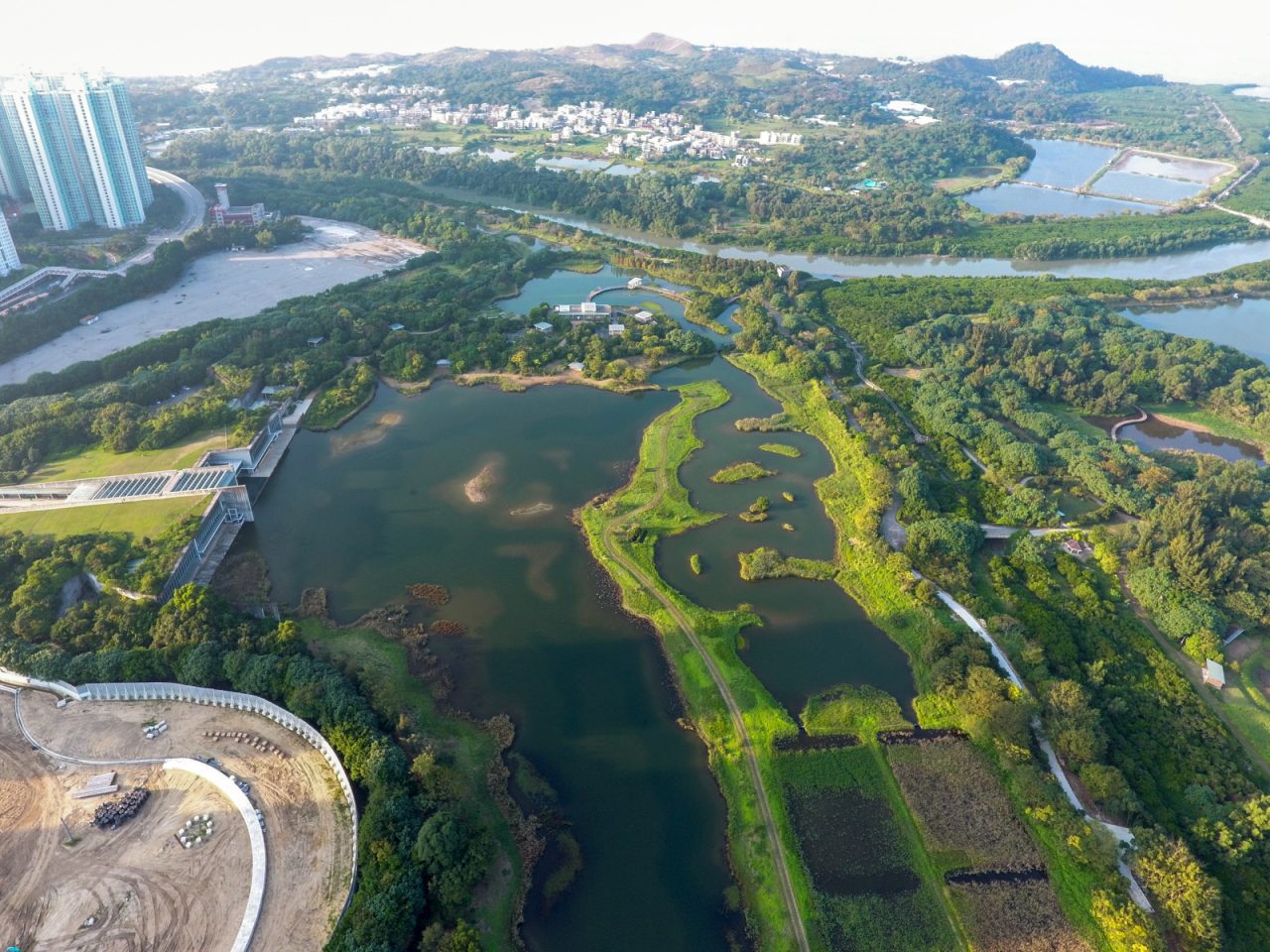Landscape Performance Series
An online set of resources to help designers, agencies, and advocates evaluate performance, show value and make the case for sustainable landscape solutions. By Landscape Architecture Foundation

Landscape performance can be defined as a measure of the effectiveness with which landscape solutions fulfill their intended purpose and contribute to sustainability. No matter how sustainability is defined – zero carbon, net zero water, biodiversity, quality of life – it cannot be achieved without considering landscape.
By embracing performance measures and evaluating the performance of built projects, we can elevate the quality of designed and planned landscapes. As we continue to study the connections between landscape and the health of ecosystems, people, and economies, we increase our understanding and our collective capacity to achieve environmental, social, and economic sustainability. As the body of knowledge related to landscape performance grows, it will inform public policy, reduce investor risk, and improve return on investment.
The Landscape Performance Series was developed to build capacity to achieve sustainability and transform the way landscape is considered in the design and development process. It brings together information and innovations from research, industry, academia, and professional practice. The Landscape Architecture Foundation hopes that you will use the LPS resources regularly and often to:
- Find precedents, show value, and make the case for sustainable landscape solutions.
- Explore metrics and methods to quantify environmental, social, and economic benefits.
- Earn professional development hours (PDHs) by attending a presentation or webinar.
- Browse and share teaching materials to integrate landscape performance into design curricula.
- Stay current on landscape performance news and trends.
This article can be found at: landscapeperformance.org and it was reposted on February 27, 2018

The Coastal Solutions Fellows Program builds and supports an international community to design and implement solutions that address coastal challenges across the Pacific Americas Flyway. Our main goal is to conserve coastal habitats and shorebird populations by building the knowledge, resources, and skills of Latin American professionals, and by fostering collaborations among multiple disciplines and sectors.
